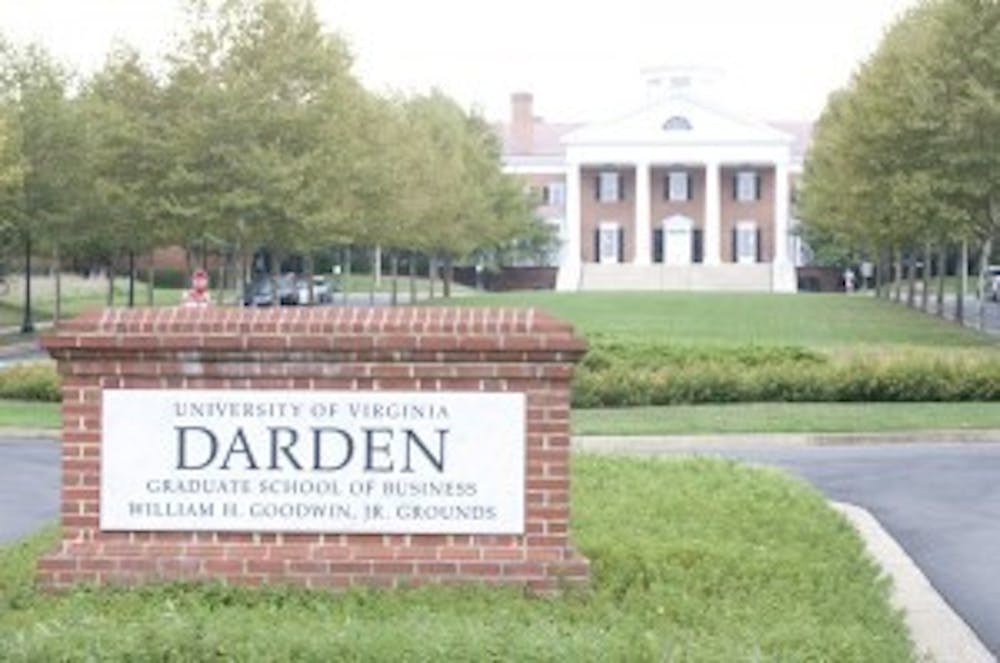The University announced today a new agreement to distribute several courses online beginning in fall 2013 through a new partnership with Stanford-based education-technology corporation Coursera.
The announcement came as a surprise to many after the University spent nearly three weeks debating the role of online learning in its future during the botched ouster of President Teresa A. Sullivan in June.
The courses will be in the same line of massive open online courses, or MOOCs, which top institutions such as Stanford and the Massachusetts Institute of Technology began offering recently.
The University will pay no fee to Coursera to participate but will similarly draw no revenue. The only cost at this time, said J. Milton Adams, the vice provost for academic programs, will be the time faculty members spend gathering materials and putting them in a format appropriate for online distribution.
“To do it well is much more than just getting a video camera,” Adams said. He noted that features such as online discussions among students could help develop individualized learning patterns for those enrolled, as well as provide a deep pool of resources for each student.
Sullivan herself approved the partnership, writing in an email today to several members of the community: “This weekend, I was assured that we had four faculty who were interested in offering a course through Coursera. Upon the recommendation of two of our deans, the provost, and the vice president and chief information officer, and after receiving legal advice about the details of the contract, I agreed orally over the weekend to the contract with Coursera and my electronic signature was affixed to the contract on Monday.”
The Darden Graduate School of Business began the initial talks with Coursera when it sent an envoy to meet with corporation officials in California on June 7.
“We began follow-up discussions and investigations immediately after our trip and twice convened the traveling faculty and staff to discuss our views and opinions and decide on next steps,” said Peter Rodriguez, a Darden associate professor and the senior associate dean for degree programs.
At this time the University has no plans to enroll its own students in Coursera classes, according to Adams.
Although Darden initiated the talks, only one of the classes offered through Coursera will be from the business school, according to a press release on the matter. The University will also offer three additional courses from the College of Arts & Sciences, one each in history, physics and philosophy.
Coursera is considered a leader in the field of online education, having hosted courses with a total enrollment of about 680,000 students. Its partnership with the University was part of a broader agreement announced today, bringing 12 new institutions including Duke University and Johns Hopkins into agreements to provide free online classes.
The initiative was met with support from Rector Helen E. Dragas, who had previously identified online education as an area where the University risked falling behind. She said the new agreement brought the University into “good company” with other Coursera schools.
It remains unclear whether she or Sullivan were aware of these talks during the events of last month.







